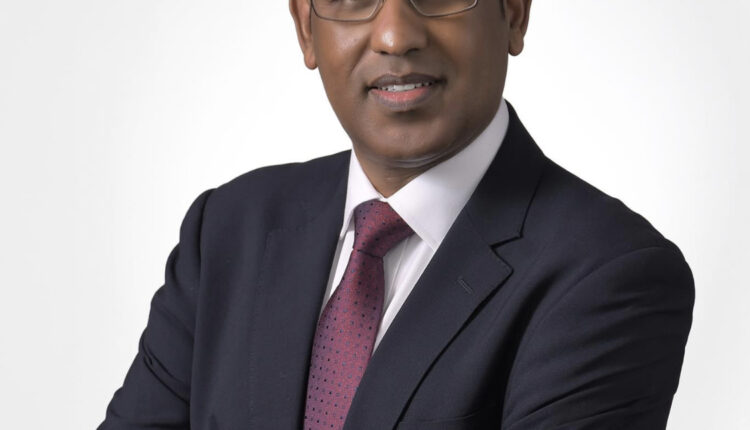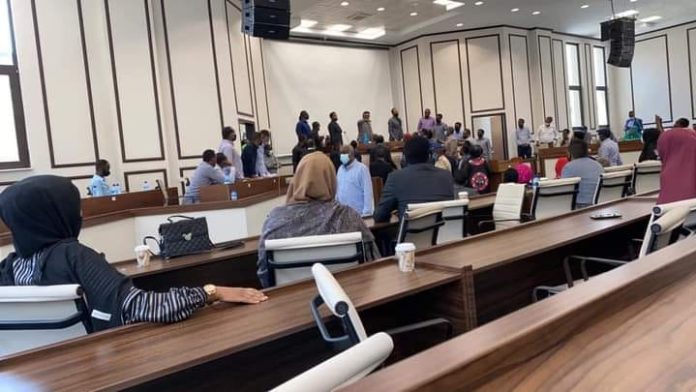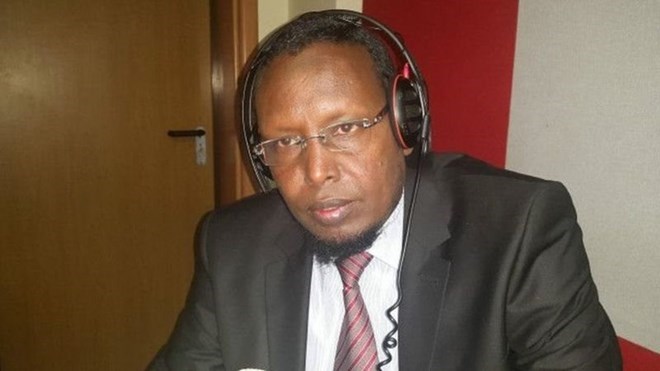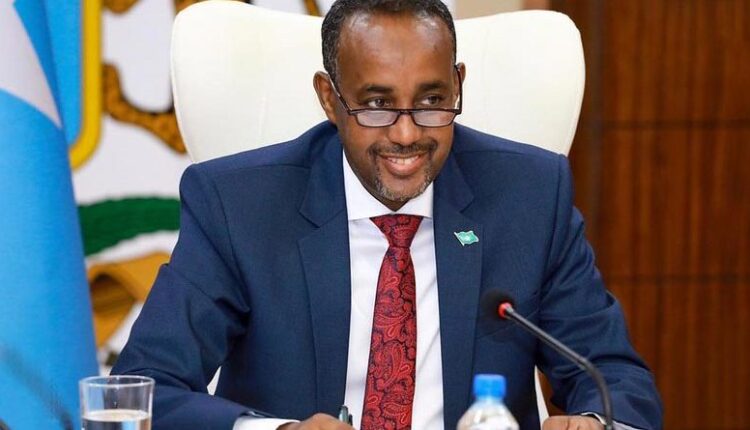Somali entrepreneur to launch scheme to ease cash transfer fears
A Somali businessman is betting on a biometric fingerprint system to keep alive vital money transfer firms which face closure after Western banks cut ties due to fears remittance cash may be channelled to militant groups.
Somalia’s leaders say the closure of money transfer companies would be disastrous for a nation where millions depend on remittances from family members abroad to buy food, pay for schools and set up businesses.
Banks in the United States, Britain and elsewhere are increasingly wary of facilitating transfers to Somalia because of tighter regulations aimed at stopping cash reaching insurgent groups such as Islamist al Shabaab.
Prominent entrepreneur Liban Egal plans to launch a technology in May to help remittance firms track transfers and identify who picks up the cash, using fingerprint, photo and other identification.
“We are betting that if we show this system to a (foreign) bank and say ‘now we know who is sending the money’, then the risk assessment people (at the bank) might look twice,” he told Reuters on Thursday in Nairobi.
Egal, 45, is chairman of First Somali Bank (FSB), which was set up in 2012 but has yet to secure a full commercial banking licence from Somalia’s central bank. He also runs a technology and other firms.
With very few Somalis owning passports, remittance firms use the traditional trust-based clan system to identify customers. But banks in the West say this informal system leaves them vulnerable to regulatory fines, as they cannot prove who exactly picks up the money inside Somalia.
Egal’s biometric platform relies on a fist-sized fingerprint scanner, bought from a firm inIndia, and a CamelCash smartphone app that is owned and developed by FSB.
Customers would have their photos, fingerprints and an image of any other form of identification stored via the app.
Egal, who spent decades in the United States before returning to Mogadishu in 2011, said he had presented the idea to U.S. embassy staff in Nairobi, who were putting him in touch with U.S. Treasury officials.
FSB will start using the technology in May at some hotels, shops and restaurants in Mogadishu. Egal said he plans to lease the system to remittance firms for a fee.
“If they do not (buy) that, I’m willing to go all the way and open a money transfer company in the U.S. and showcase this to American banks,” Egal said, adding he was in talks with three U.S.-based firms facing closure due to transfer restrictions



















